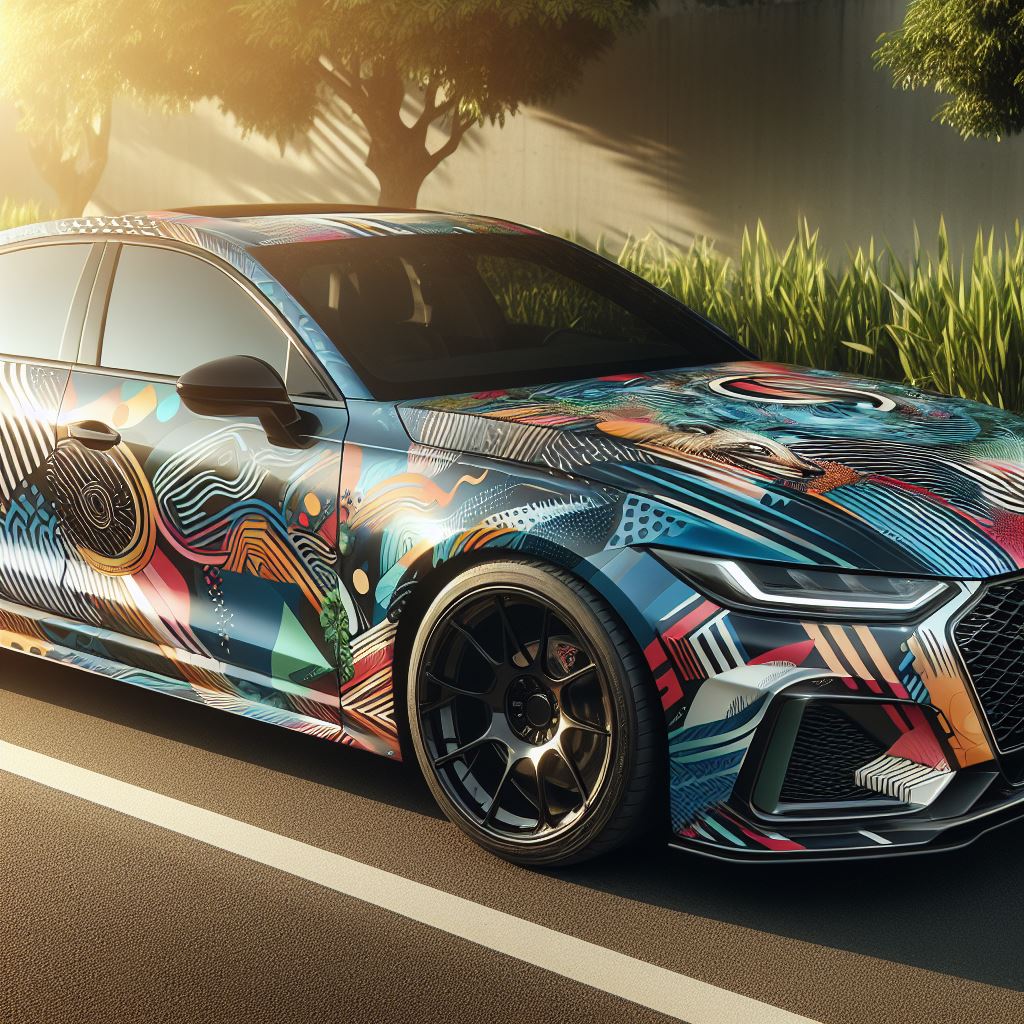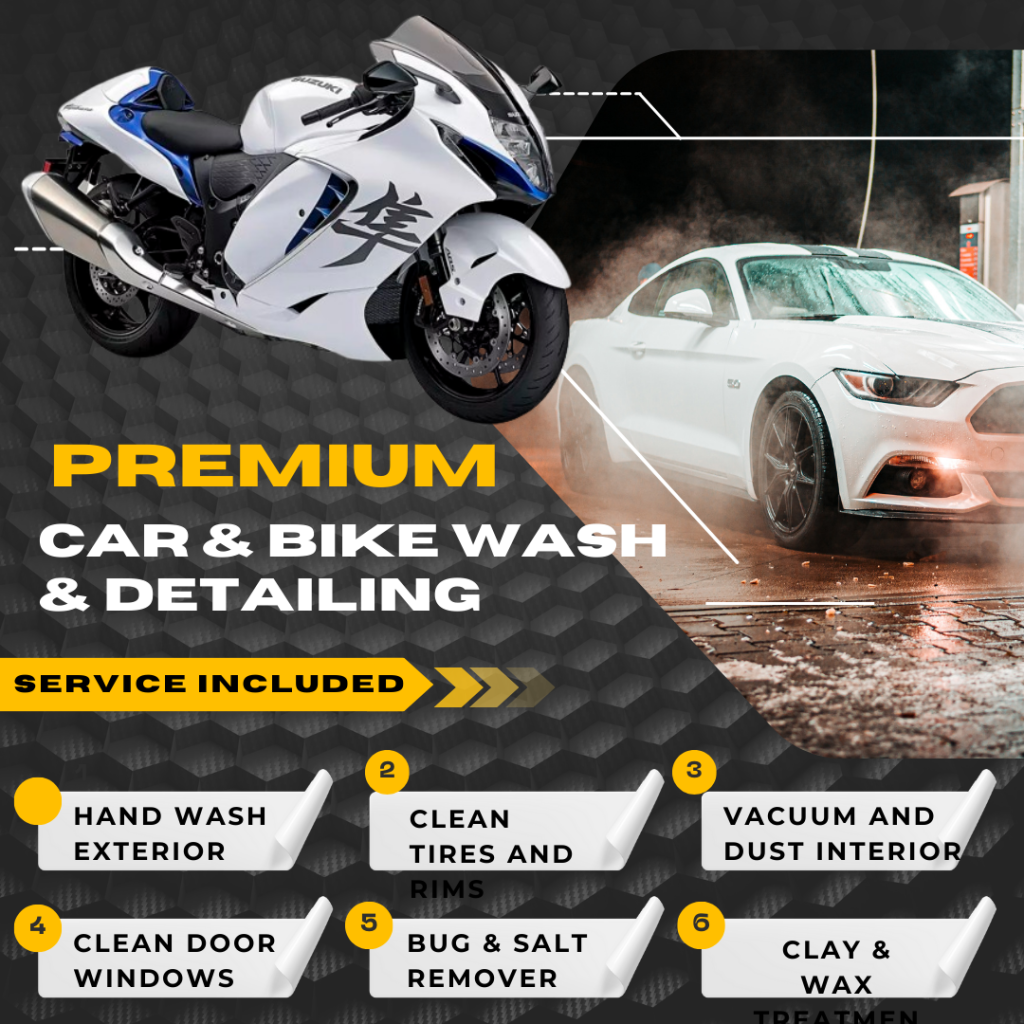
Car wrapping services involve applying a thin, adhesive vinyl film to the exterior surfaces of a vehicle. This process is commonly known as “car wrapping” or “vehicle wrapping,” and it’s an alternative to traditional paint for changing the color, adding graphics, or protecting the original paint
Before opting for a car wrapping service, it’s essential to choose a reputable and experienced installer. Discuss your specific requirements, view their portfolio, and inquire about the type of vinyl and techniques they use. Additionally, be aware of any maintenance recommendations provided by the installer to ensure the longevity of the wrap.



Car wrapping allows you to change the color of your vehicle without the need for a new paint job. The vinyl comes in a wide range of colors and finishes, including matte, gloss, satin, metallic, and more.

Car wrapping is often used to create custom graphics, decals, or promotional wraps for businesses. Designers can use digitally printed vinyl to achieve intricate patterns, logos, or branding on the vehicle.

Clear vinyl wraps, also known as paint protection films (PPF), are used to protect the original paint from stone chips, bug splatter, road debris, and other environmental elements. PPF is virtually invisible and adds a layer of defense against scratches.

Car wrapping offers the flexibility to create unique and custom designs. Designers can experiment with textures, patterns, and finishes that may be challenging or expensive to achieve with traditional paint.

One of the advantages of car wrapping is that it is a reversible process. The vinyl can be removed without damaging the original paint, allowing the vehicle to be returned to its original appearance. This is particularly beneficial for leased vehicles.

Car wrapping requires skill and precision. Professional installers use specialized tools and techniques to ensure a seamless and bubble-free application. Proper installation is crucial for the longevity and appearance of the wrap.


































